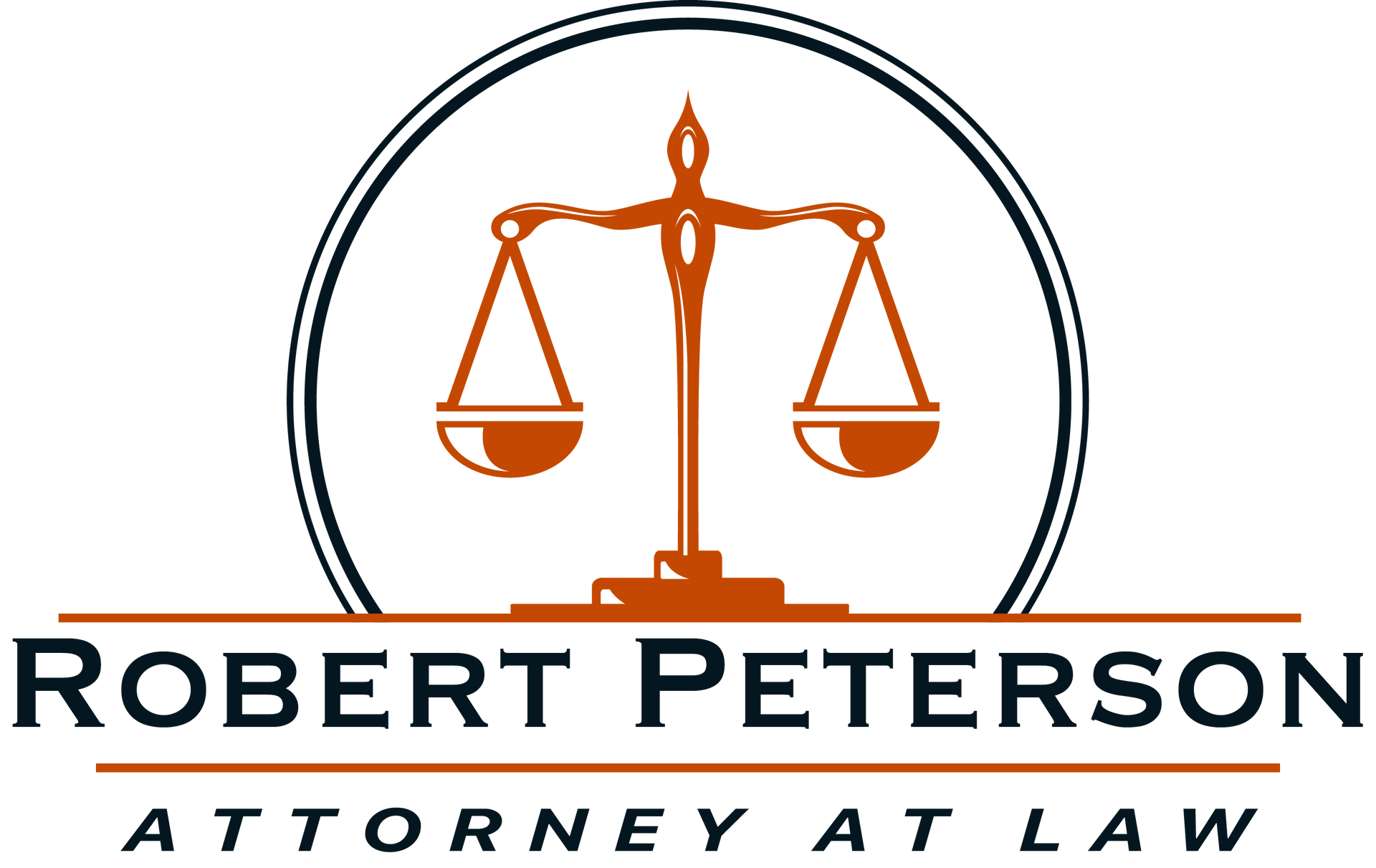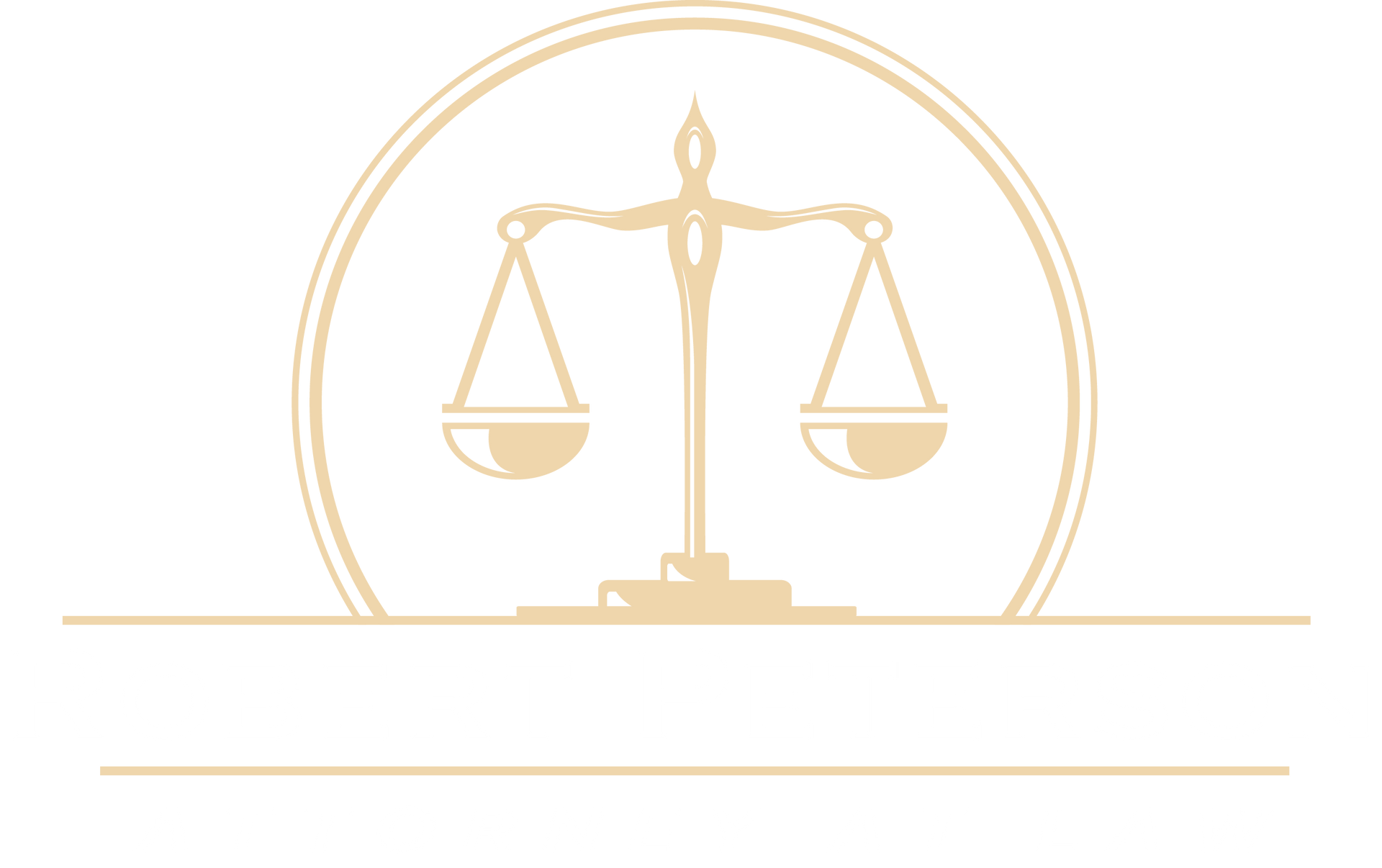
Collateral Consequences of a Criminal Conviction
Imprisonment and Fines: At your arraignment (first court appearance) in a Michigan criminal case, the judge reads to you the maximum jail/prison sentence and the maximum fine for the offense. These are statutory requirements for the specific offense.
Other costs: But jail and fines are not the only consequences of a criminal conviction. Different types of crimes have differing consequences. Often these “collateral consequences” have an impact which greatly exceeds the statutory fines and imprisonment. For example, sex-related crimes may have sex offender registration requirements. Assaults and related crimes may have reimbursement for damages and injuries as well as No-contact orders. Operating while Intoxicated crimes may have requirements for driving restrictions or suspensions, substance abuse treatment, and impoundment of the vehicle.
• Monetary costs: Fines for conviction of a crime are only the beginning of the costs of conviction in Michigan. In addition to the fines, a convicted defendant may pay:
o Court Costs which are the actual costs of running the criminal court divided by the actual number of cases. In Ontonagon and Gogebic Counties, these currently run $300 per criminal case.
o There is also a Crime Victim Fee to reimburse crime victims and that fee currently runs $75 for misdemeanors, $130 for felonies and $25 for juvenile offenses.
o A State Minimum Fee currently runs $50 for misdemeanors and $68 for felonies and is assessed per count (MCL 769.1j.)
o Bond fees of 10% of the bond are assessed if you personally paid the bond, were convicted of the offense, and have complied with bond conditions. (MCL 780.66).
o Probation fees are assessed if you are placed on probation and include $30 per month of probation or $60 per month if on electronic monitoring (MCL 771.3c).
o Jail lodging fees will be billed when you leave the jail. In Ontonagon the fees currently are: $35 for the first day, $10 per day after the first day, a booking fee of $12, a warrant fee of $10, and payment for any medications. (A discount is applied if paid within 30 days.)
o If you applied for a court appointed attorney, those fees are added to the costs. If you hired your own attorney, of course you pay those retained attorney fees.
o If your license was suspended or revoked there will be costs to reestablish your driver’s license, including possibly costs for retaking driving tests. A reinstatement fee of $125 may be accessed if your license was suspended or restricted (and you may have multiple fees depending on your situation). If your license was revoked or denied, you will need to apply for an administrative hearing (which may involve additional costs) or appeal to the circuit court (with filing fees).
o You may be required to reimburse state or local governments.(MCL 769.1f).
o You may be ordered to attend substance abuse treatment which you are required to pay for in-patient or out-patient treatment, after attending an assessment that you pay for. You may be placed on an alcohol tether which also costs money. You may be required to place a monitor in your car which has monthly costs.
o You may be required to pay for any random substance abuse testing by law enforcement or probation which is required by the court or probation.
As you see, the financial costs can easily run many times the maximum fine cost. It is not unusual for a $500 fine to actually run over $2500 in real costs.
• Employment costs: Employment effects should also be considered. Jobs are tight, and a criminal conviction can hurt your ability to get a job.
o If you have a professional or occupational license, a conviction, and in some cases an arrest, must be reported to your licensing authority. (LARA for most licensing, Michigan Supreme Court for attorneys-Grievance Commission and Attorney Discipline Board). That could lead to a suspension or revocation of your professional or occupational license.
o Certain employment opportunities could be prohibited as a result of a conviction.
o Driving offenses and substance abuse/alcohol convictions could affect jobs that require a driver's license, pilot’s license, marine, or a railroad license. Commercial Drivers Licenses can be revoked or suspended for even minor amounts of alcohol. For a listing of actions taken by the Michigan Secretary of State concerning offenses see Offense Code.
o Substance abuse can affect many types of jobs. You may be fired for substance abuse. Work vehicles may have to be modified with breath monitoring equipment. Costs to the company go up.
o Security clearances can be revoked due to a conviction or involvement in certain types of crimes.
o Adverse actions to federal employment can be taken even if not related to your job.
o Liquor licenses or gambling licenses, lottery licenses, livestock or agricultural licenses or wildlife licenses can be affected. The revocation or denial of these licenses can affect your property rights or corporate ownership interests.
o Insurance costs can increase- sometimes dramatically or coverage can be denied.
o Bonds might be required to perform certain jobs.
• Government Benefits costs: Federal and state benefits can be affected. You are ineligible for certain benefits such as worker’s compensation benefits, SSDI, and SSI for the period of incarceration. Federal whistleblowers awards can be denied. Welfare benefits, health benefits, government contracting, educational benefits, and loans and grants can be denied or suspended.
• Immigration Costs: If you are not a U.S. citizen, your immigration status could be affected, including deportation for relatively minor crimes (8 US Code §1227). Aggravated felonies under the Immigration and Nationality Act can lead to mandatory deportation. Crimes involving Moral Turpitude, Controlled Substance Crimes, Crimes Against Children, Crimes of Domestic Violence, Firearm Offenses, and Crimes Involving Prostitution and Commercialized Vice can all have immigration consequences. Your right to reenter the U.S. could be affected. Future citizenship could be denied. You need to contact your immigration attorney immediately to discuss the possible affect if you are not a U.S. citizen.
• Legal costs: Legal cases can be affected. Parental rights such as custody or visitation can be affected, as can foster care, adoption or name changes. The judge is required to consider the best interests of a child in custody cases. Personal injury cases, workers compensation, and fraud cases can be affected even if you are the victim. In some cases you can also be sued for damages. Of course, you also have attorney fees, either court-appointed or for retained counsel.
• Forfeiture costs: Vehicles or other property such as cash may be forfeited to the state as a result of a conviction of certain crimes.
• Recreational and Gun costs: Hunting, fishing, and ATV rights may be denied or suspended. State Gun rights /Federal Gun rights, and Concealed Carry Permits may be taken away from felons or those convicted of assaultive crimes. Department of Natural Resources wildlife penalties are located at this website. Fish penalties that require a $10 judgment fee are located here. Wildlife penalties that incur a $10 judgment fee are located here.
• Sex offender Registration costs: Sex Offender Registration requirements can affect where you live, work, who you can be around or associate with. This can affect your ability to get a job. Registries are public and your inclusion on a list will be public information. Failure to comply will usually lead to jail or prison.
• Travel costs: Travel can be affected. Probation typically does not allow a probationer to leave the state. In an area such as the Western UP, we are adjacent to Wisconsin, but with a conviction you may not be able to drive 10 minutes away to a Wisconsin store. International travel can be affected. Canada and other countries restrict travel by certain convicted criminals. You may be denied a passport in certain circumstances such as owing taxes or child support.
• Public rights costs: Voting rights can be affected if convicted of a felony. You may be ineligible for jury duty or public office (both elective and appointive) and volunteer activities.
• Enhancement costs: Conviction of certain crimes can lead to enhancement charges leading to additional jail/prison sentences or increased fines. For example, Operating While Intoxicated (OWI) priors can increase penalties for a second OWI or a third/subsequent OWI. Driving while License Suspended, Revoked or Denied can be enhanced by further violations. Felonies are enhanced by committing felonies following a felony (or attempted felony) conviction.
• Housing costs: Housing can be affected. Landlords run background checks and may deny you because of a conviction, drug use, or sex offender registry. Government subsidized housing can be denied. Residency in certain areas can be denied. Disclosure, registration and mandatory supervision requirements for sex offenders limit housing. Disclosure of criminal history can affect housing.
• Loan costs: Some lenders will deny loans based on a criminal conviction, and it may be difficult to obtain loans such as mortgages, car loans, personal or business loans. Loan interest rates may be much higher. In some cases such as possession or sale of illegal drugs, conviction may make you ineligible for student loans.
• Restraining Orders, No-Contact Orders, No Trespass Orders costs: You may have an order that prohibits you from going to a particular location such as your home. You may be denied the right to keep and carry a firearm. You may be prevented from contacting certain people or conducting certain activities.
• Reputation costs: Your reputation is affected by the charges and a conviction. Rumors and chatter about your case may disrupt your job and your life. Court information is public information and may be obtained by neighbors or employers.
Triggers for collateral consequences: There are numerous triggering offenses for collateral consequences. In some cases, it is merely “any offense”, “any felony”, or “any misdemeanor”. Some triggers are specific to a type of offense: crimes of moral turpitude; crimes involving fraud, dishonesty, misrepresentation or money laundering; crimes of violence; weapons offenses; controlled substance offenses; sex offenses; public corruption offenses; election-related offenses; recreational license violations; motor vehicle offenses; child support violations, and other such as environmental law violations, animal cruelty, or gambling related.
Can I move from my state? If you move to a new state, the new state’s collateral consequences would apply and for some consequences the previous state would apply due to interstate agreements and rules and federal laws.
Where can I find specifics on the collateral consequences? You can search for collateral consequences for a specific offense on this website: Consequences
Can I get relief from collateral consequences? General relief such as expungement, sealing records, set-aside measures, pardon, and restoration of rights may counter some of these collateral consequences.
CONTACT A RESOURCEFUL, KNOWLEDGEABLE CRIMINAL DEFENSE ATTORNEY IN ONTONAGON TODAY!
As you see, there are numerous and complicated consequences of a criminal conviction and in some cases,
even an arrest can trigger the consequences. You need to hire an experienced attorney to help lessen or eliminate the consequences of a criminal conviction. A dismissal of charges is your best option, but winning an acquittal is second-best, although it requires going to a trial which involves time, effort and resources.
Robert Peterson, Attorney at Law, P.C. can assist you
with these consequences and can assist in defending you against lifelong effects of a criminal conviction.
Contact us today to schedule an appointment.



